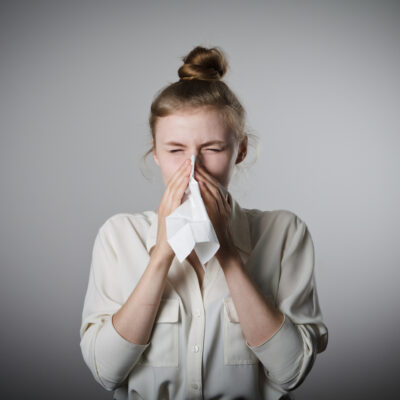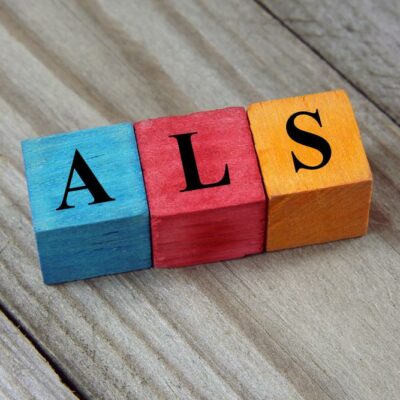
Health
The Benefits of CoolSculpting vs. Diet and Exercise
There was once a time when losing weight was totally dependant upon two factors—what you ate and how much (and vigorously) you exercised. In recently years, new CoolSculpting technology has paved the way for a much easier way to shed unwanted fat. CoolSculpting is a totally non invasive body contouring procedure that helps patients achieve a sculpted, toned physique without putting in months of adhering to a strict diet and exercise regimen. Here are the many ways in which CoolSculpting can help you banish unwanted fat cells completely to achieve the buff physique you’ve always dreamed of: 1. Diet doesn’t banish fat cells for good Even if you achieve your goal weight following a strict elimination diet and vigorous workout program, you can gain the lost weight back. While diet and weight loss may shrink fat cells in size, they don’t get rid of them completely. When fat cells just shrink in size, they still remain prevalent in number, which means if you gain the weight back, your fat cells just grow larger in size once again. 2. CoolSculpting rids the body of fat cells for good However, those same fat cells you wish you could disappear for good can be banished once and for all with a CoolSculpting procedure.
Read More 















